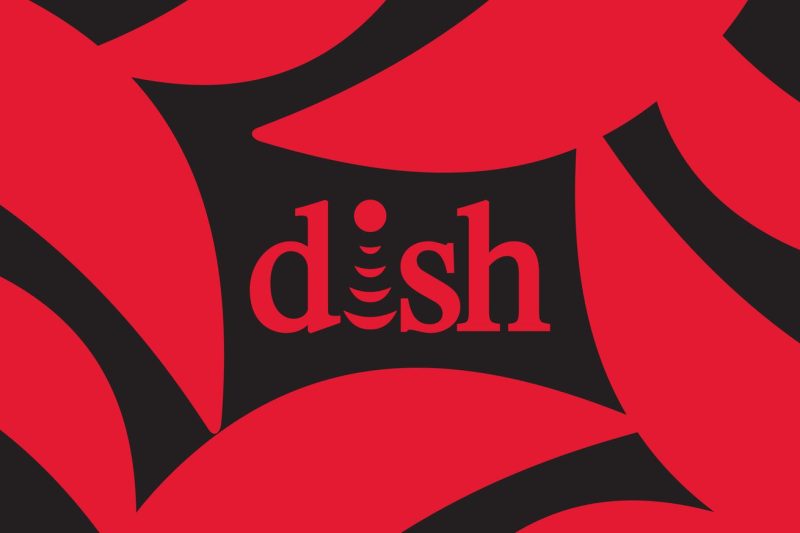
Twists and Turns: DirecTV and Dish’s Merger Rollercoaster Reverts to Off Again
The recent saga surrounding the potential merger between DirecTV and Dish Network has been nothing short of a rollercoaster ride for industry observers. The proposed deal had initially sparked excitement and speculation within the telecommunications and media sectors, as the consolidation of two major players promised significant implications for the market landscape. However, the momentum of the merger quickly shifted, as the negotiations veered off course and eventually led to the deal being called off.
The on-again, off-again nature of the DirecTV and Dish Network merger saga has left many scratching their heads and wondering what the future holds for both companies. The initial reports of talks between the two entities had raised hopes of a potentially game-changing collaboration that could have reshaped the pay-TV industry. With both DirecTV and Dish facing challenges in the increasingly competitive market, a merger seemed like a strategic move to streamline operations, improve efficiencies, and enhance their competitiveness against the growing threat of streaming services.
However, as details of the negotiations began to emerge, it became clear that the road to a successful merger was fraught with challenges. Issues such as valuation, regulatory hurdles, and governance structure reportedly became sticking points in the discussions, leading to a breakdown in the talks. The decision to call off the merger was a disappointing outcome for many who had pinned their hopes on the potential synergies that could have been achieved through a union of the two satellite TV giants.
The failed merger between DirecTV and Dish Network has highlighted the complex dynamics at play in the telecommunications and media industries. In an era of rapidly evolving technology and shifting consumer preferences, traditional pay-TV providers are facing unprecedented challenges in retaining customers and staying competitive. The rise of streaming services and cord-cutting trends have forced companies like DirecTV and Dish to adapt and innovate to survive in an increasingly digital world.
While the merger may have offered a lifeline to both companies in the short term, its ultimate collapse raises questions about the long-term viability of their business models. As they continue to navigate a rapidly changing landscape, DirecTV and Dish Network will need to explore new strategies to remain relevant and sustain their market positions. Whether this involves forging new partnerships, investing in cutting-edge technology, or diversifying their offerings, the future success of both companies will depend on their ability to adapt to the evolving needs of consumers and the dynamics of the industry.
In conclusion, the DirecTV and Dish Network merger saga serves as a cautionary tale for companies in the telecommunications and media sectors. While consolidation can offer potential benefits in terms of scale and efficiency, it is not a silver bullet for addressing the challenges facing traditional pay-TV providers. As the industry continues to undergo rapid transformation, companies must be agile, innovative, and consumer-centric in their approach to stay ahead of the curve. Only by anticipating and responding to changing market dynamics can companies like DirecTV and Dish Network secure their relevance and thrive in an increasingly digital world.
